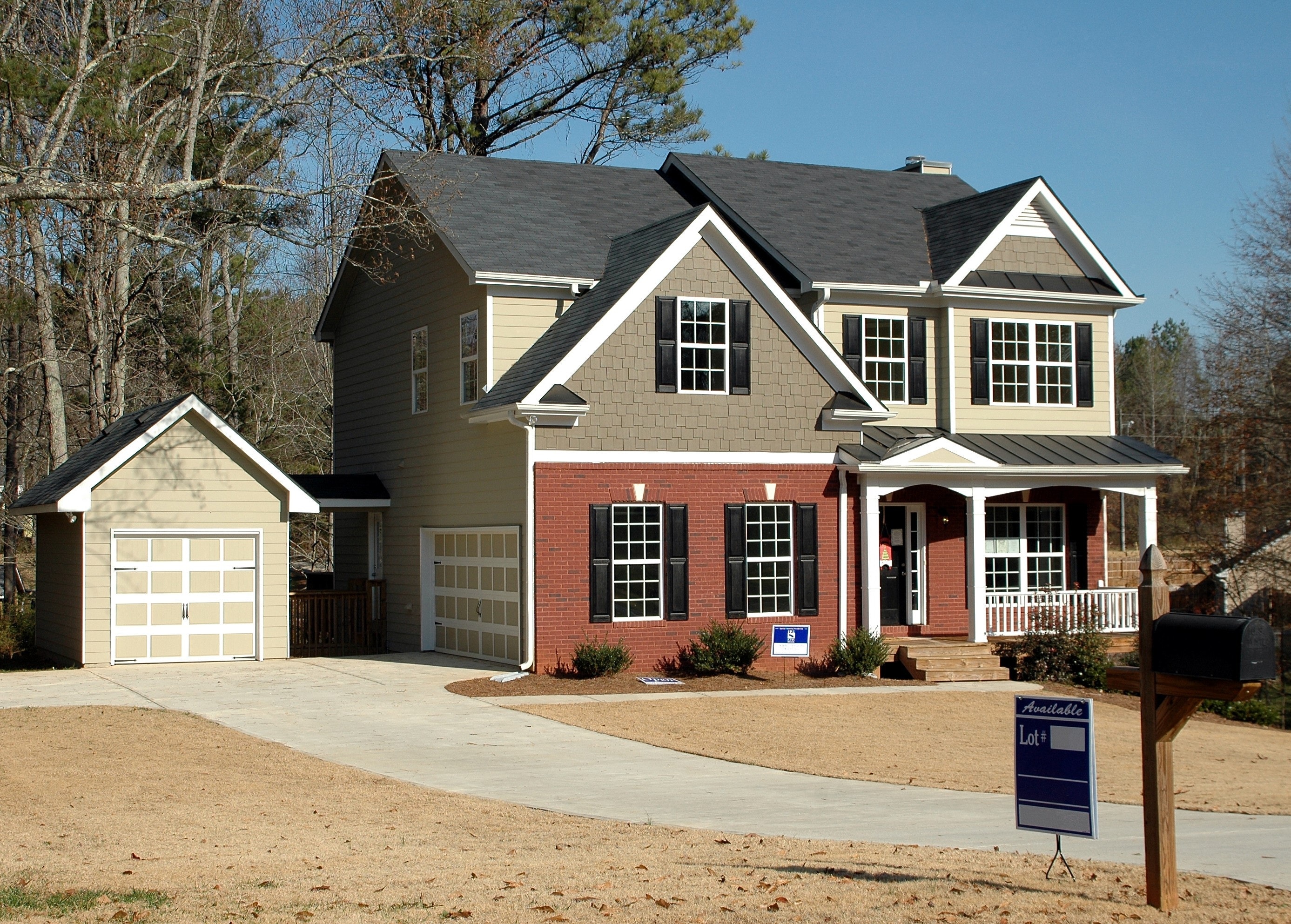Originally published in The Denver Post
By Douglas Hauck
Denver is the new San Francisco — almost.
Over the past year, Colorado’s capital has come within a rounding error of being the hottest residential real estate market among the nation’s major cities.
Statistics released last week by S&P/Case-Shiller Home Price Indices show that prices in March increased year-over-year by 10 percent in the Denver area, surpassed only by California’s famously expensive city by the bay, at 10.3 percent.
The impressive rise — and a spate of recent news stories about multiple bids, a minuscule inventory and auctions with all-cash buyers — might spark memories of past real estate booms and busts.
Fortunately, different forces today are driving home prices here than existed a decade ago, when shockingly low lending standards ended in a market meltdown.
It’s not the 1970s and early ’80s, either, when inflation, population growth and high energy prices fueled strong price appreciation, which was followed by a steep fall in oil that fueled a real estate recession made worse by the savings and loan scandal in the late 1980s and early ’90s.
First of all, it is the rental market that’s overheated, and it’s playing a big part in driving up home prices today. So many credit-impaired residents have been forced into renting that rents have risen to where they no long make economic sense vis-…-vis buying. Therefore, those who can buy, do.
Secondly, historically low interest rates are allowing homeowners to trade up to a bigger home, perhaps twice as large, with little increase in their monthly mortgage payment. Those who expect rate increases to kill the market should note that today’s rates in the 3 percent to 4 percent range would have to double to return to where they were 20 years ago.
Considering that the national economy is growing sluggishly, any rapid or large rate increases are unlikely.
Further, lenders and appraisers are being prudent. Flipping houses for a quick profit has not become a widespread practice. And entrepreneurs in the state’s new and controversial cannabis business are, in part, responsible for the recent rush of all-cash buyers.
Since it is difficult to bank their profits, they buy homes instead, a practice that, one way or another, is unlikely to last.
To be sure, there are signs of frothiness. Public auctions are attracting 30 or 40 bidders instead of the handful who would attend a few years ago. And the average time on the market is five days. In other words, if your home doesn’t sell in a week, it’s overpriced.
Still, keep in mind that some real estate booms of the past elsewhere — in parts of the Northeast in the ’80s and Las Vegas more recently — had annual price increases as high as 35 percent. And at 10 percent a year, it still takes more than seven years for a home price to double.
Denver also is not land-constrained, unlike San Francisco, New York City and some perennially high-priced areas. Distant suburbs, all the way out to Brighton and Frederick, are growing and will take some of the heat out of the Denver market.
As home building picks up, it will act as a brake on prices, too, as will the troublingly high price-to-income ratio. A continuing trickle onto the market of the ghost inventory — homes in foreclosures held by lenders — will do the same. Economically, the area also is much less affected by the vicissitudes of the energy and mining industries than it was in the past.
Bottom line: That was then; this is now. And if some naysayers and worrywarts dispute that this is a new normal, tell them the only bubble you see is coming from a bottle of champagne.
Congratulations, Denver. Your real estate market has finally recovered.
Douglas Hauck is vice president and employing broker at American Home Agents in Aurora.

